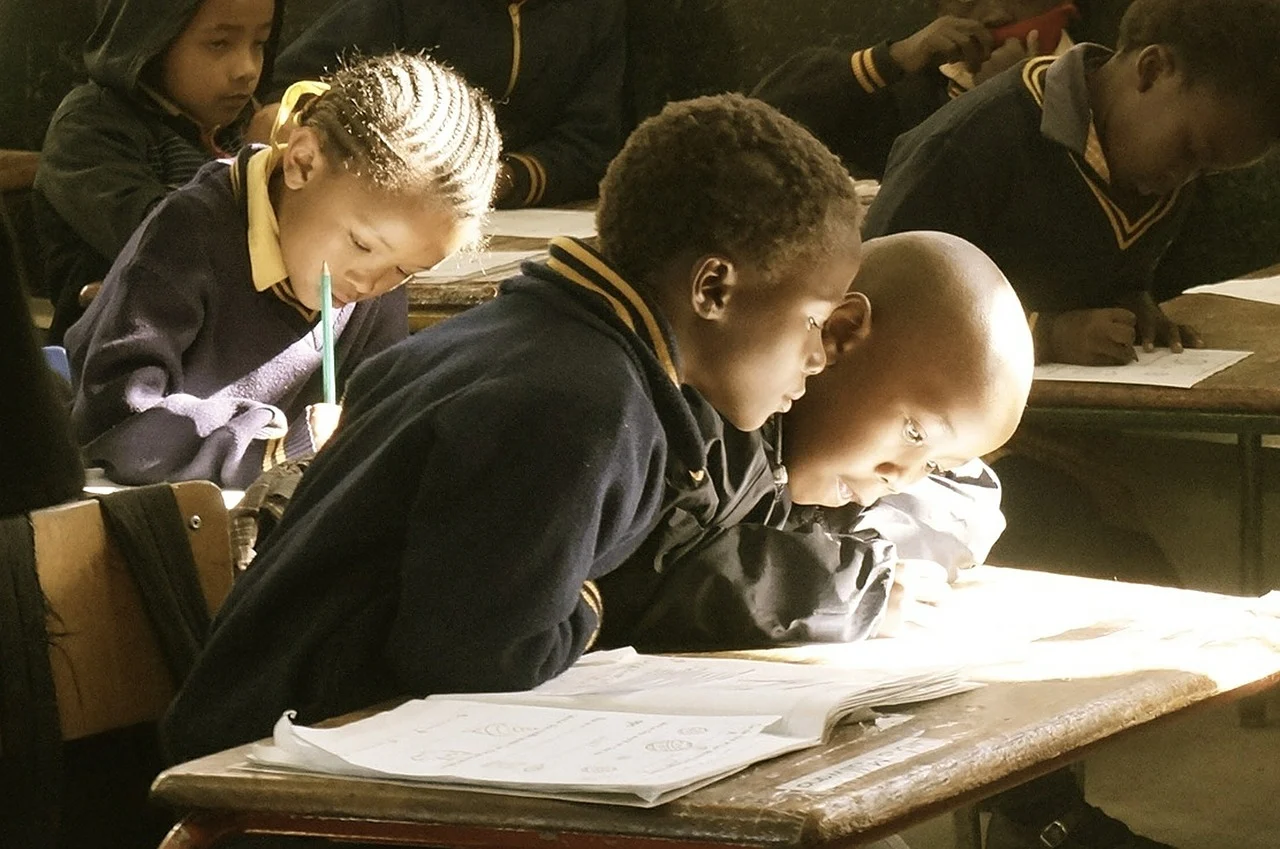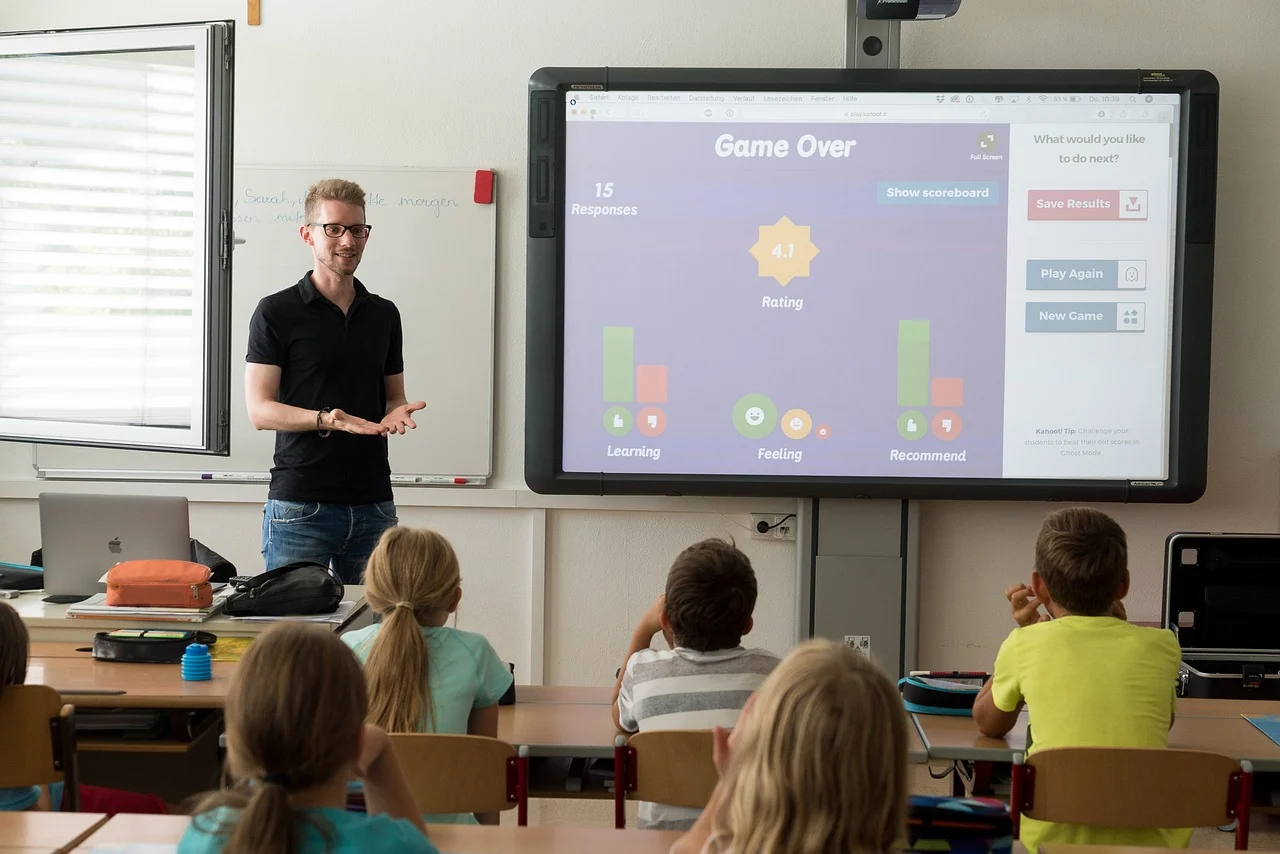When deciding on the best schooling option for your child, more and more parents find themselves asking the question: is homeschooling a good option? This question has become more prevalent as parents and students adjust to the virtual learning brought on by the pandemic. While both homeschooling and public schooling have their pros (and cons), we’ll discuss the key considerations to help you make the best decision for your child’s optimal educational experience and outcome.
Related: High-Value Tips For Young Entrepreneurs
What is homeschooling?
Homeschooling typically refers to parent-taught education carried out at home, using a curriculum of the parent’s choosing. There are certain laws and requirements on a state-by-state basis that may dictate the necessary structure or schedule of the homeschooling, but the education itself is led by the parent. There are a variety of homeschooling styles, from traditional to classical education to Charlotte Mason, unit studies, and more. The one thing they share is that parents have a more hands-on role in their child’s education and students have a more custom-tailored education experience than they would in a public school setting.
In homeschooling, unlike any other educational option, students can customize their learning and explore their interests. A vital benefit of this method is its flexibility regarding extracurricular activities; homeschooled adolescents are free to delve into various pursuits such as athletics, arts, academics, or community involvement. These engagements foster essential life skills and offer opportunities to create friendships while contributing positively to an all-rounded education. To ensure your teenager gets access to superior programs that cater specifically to curating impressive young adults, look no further than Impressive Teens, which holds curated lists connecting parents/students directly with abundant breathtaking options suited ideally for honing relevant portfolio-defining specialties. They enable prosperous academic journeys and happy social lives with multiple perfect selections on one platform. Allow yourself to indulge in this unrivaled opportunity today!
In homeschooling, unlike any other educational option, students can customize their learning and explore their interests. A vital benefit of this method is its flexibility regarding extracurricular activities; homeschooled adolescents are free to delve into various pursuits such as athletics, arts, academics, or community involvement. These engagements foster essential life skills and offer opportunities to create friendships while contributing positively to an all-rounded education. To ensure your teenager gets access to superior programs that cater specifically to curating impressive young adults, look no further than Impressive Teens, which holds curated lists connecting parents/students directly with abundant breathtaking options suited ideally for honing relevant portfolio-defining specialties. They enable prosperous academic journeys and happy social lives with multiple perfect selections on one platform. Allow yourself to indulge in this unrivaled opportunity today!
Pros and Cons of homeschooling
Homeschooling can be a great option for some parents and students, but it’s important to know just what you’re getting yourself into before taking the plunge. The biggest consideration is the significant time commitment and involvement homeschooling will require from the parent. If you’re a parent and you think you’re up for the challenge of homeschooling, be sure to read this first.
Related: Factors Influencing Entrepreneurship Development
The pros of homeschooling
There are many pros of homeschooling, which may create a preferable learning environment for the student, as well as a more flexible schedule for parents. The first and arguably most beneficial advantage to homeschooling over public school is the custom-tailored, student-paced nature of the learning. Homeschooled students can have a much more tailored learning experience and schedule, slowed down or accelerated to best accommodate the student’s grasp of the materials. Homeschooling can also be a rewarding experience for parents and can foster family bonding, as family members are there to help the student learn. Additionally, homeschooling offers a much safer, more controlled environment for the student, ensuring external factors like bullying don’t hurt or distract the student. Finally, homeschooling allows for parents to have more control over the curriculum and certain topics or perspectives students may learn, which may be a high priority, based on their beliefs and priorities (and how they may differ from those at local public schools).
Your home is a secure and nurturing learning setting, fostering academic success. You can enhance your child’s learning by using diverse educational materials, encouraging their interests, going on educational outings, and using in-person and online resources. These approaches can contribute to your child’s academic growth. According to the National Home Education Research Institute, homeschooled students typically achieve test scores that surpass those of public school peers by 15 to 25 percentile points in standardized academic exams. Additionally, they perform well on SAT and ACT exams and are increasingly sought after by colleges and universities.
Your home is a secure and nurturing learning setting, fostering academic success. You can enhance your child’s learning by using diverse educational materials, encouraging their interests, going on educational outings, and using in-person and online resources. These approaches can contribute to your child’s academic growth. According to the National Home Education Research Institute, homeschooled students typically achieve test scores that surpass those of public school peers by 15 to 25 percentile points in standardized academic exams. Additionally, they perform well on SAT and ACT exams and are increasingly sought after by colleges and universities.
Beta Bowl is proud to offer virtual online and interactive entrepreneurial enrichment programs for motivated teens. Students gain financial literacy, business professionalism and confidence, and innovative potential. Contact us today!

The cons of homeschooling
While homeschooling has its pros, it isn’t for every student and there are definitely some cons to take into account. First of all, the obvious one is the potential lack of socialization opportunities. Since homeschooled students won’t be learning in a classroom full of other students, it’s important that they find extracurricular opportunities to socialize with other kids their age. Secondly, homeschooling requires a significant commitment on the part of the parent, as they’re responsible for keeping a disciplined schedule, covering many different subjects, and ensuring their child fully grasps the curriculum for each one. Homeschooling may also be more difficult due to a lack of resources as compared to a public school that’s equipped with a library, computer lab, art studio, etc. Finally, one con most people may not consider is the fact that homeschooled students may lack in award ceremonies and opportunities for self-esteem-building recognition. Those ceremonies and awards are a vital motivator and positive feedback system for students in the traditional education system, and parents of homeschoolers may want to find an alternate opportunity to implement them (or something similar).
Homeschooling has been a subject of debate, and it does have both positive and negative impacts on public education. On the downside, homeschooling can limit public school enrollments, reducing state governments’ funding to local school districts. It may also reduce the number of parents willing to support public education through voting for taxes and bond issues. However, it does alleviate some burdens on public school systems and can relieve pressure on new buildings and staff in areas with growing populations. Unlike charter schools and general vouchers, homeschooling does not involve directly transferring public funds from established bureaucracies to new organizations.
Like charter schools and vouchers, homeschooling faces criticism for potentially undermining the sense of a joint civic enterprise that the public school system represents. Some argue that deliberation about education is vital for building a cohesive society out of diverse groups, and those who seek freedom from regulations or choose to educate their children privately weaken essential public forums. On the contrary, others argue that intellectual and values diversity are crucial in a democratic society, and questions about education should remain open to avoid authoritarian solutions. They contend that interest groups can influence legislatures and may struggle to settle contentious educational matters. They also believe that state standards need more clarity in addressing the skills required in today’s fast-paced and unpredictable technology-driven society.
Homeschooling has been a subject of debate, and it does have both positive and negative impacts on public education. On the downside, homeschooling can limit public school enrollments, reducing state governments’ funding to local school districts. It may also reduce the number of parents willing to support public education through voting for taxes and bond issues. However, it does alleviate some burdens on public school systems and can relieve pressure on new buildings and staff in areas with growing populations. Unlike charter schools and general vouchers, homeschooling does not involve directly transferring public funds from established bureaucracies to new organizations.
Like charter schools and vouchers, homeschooling faces criticism for potentially undermining the sense of a joint civic enterprise that the public school system represents. Some argue that deliberation about education is vital for building a cohesive society out of diverse groups, and those who seek freedom from regulations or choose to educate their children privately weaken essential public forums. On the contrary, others argue that intellectual and values diversity are crucial in a democratic society, and questions about education should remain open to avoid authoritarian solutions. They contend that interest groups can influence legislatures and may struggle to settle contentious educational matters. They also believe that state standards need more clarity in addressing the skills required in today’s fast-paced and unpredictable technology-driven society.
Pros and Cons of public school
Public school is pretty much the opposite of homeschooling in many ways. While parents won’t be as involved in their students’ education if they attend public school, the benefits of socialization and learning from a trained third party can pay off for some students who thrive in the classroom environment.
The pros of public school
There are many pros to public school, the biggest one arguably being socialization and exposure to a wide diversity of classmates from all walks of life. This kind of early socialization can help students develop important social skills early on, which will serve them into their educational, personal, and professional paths in the future. From a practicality standpoint, homeschooling also offers parents the opportunity to work and have their own schedules, without the burden of educating their own kids. Public schooling is also free and administered by trained professionals who have undergone background checks, so students in public schools should be in good hands and should receive instruction from the people most trained to deliver it.
The cons of public school
Unfortunately, public schooling is not without its cons. First of all, parents must yield the majority of daily influence to educators, who may not share their viewpoints or beliefs. Along those same lines, students in public school may be bullied or negatively influenced by peers. In fact, a classroom full of peers can actually be a distraction to the learning process and for some students, this may actually slow down their progress and result in poor performance. Speaking of that, public schools must teach to the average intelligence of the class, not to your particular student. This means that the curriculum may move too fast or too slow to match up with your child’s learning process and timeline. This could either leave them overly challenged and ultimately falling behind, or it could leave them bored and under-stimulated.
How homeschoolers measure up through history
Homeschooling was actually the original and only method of schooling a few centuries ago. However, about 150 years ago, states began requiring public schooling and eventually outlawed homeschooling altogether. Finally, some time in the ‘90s, homeschooling became legal again and began to grow in prominence. In fact, homeschooling is currently the fastest-growing form of education, and this is really no surprise. A few decades ago, parents were more carefree about letting their kids have significant independence and a fairly long leash. However, as more tragedies have struck schools, the news at large has been rife with concerning threats to children out on their own, and political viewpoints have been brought into the classroom, more and more parents have turned to homeschooling as a way to take back control and protect their children.
How Covid homeschooling will change public school
Covid has played a big role in the rise of virtual learning throughout 2020 (and may continue to do so). Its effects might seem temporary (if the pandemic ends), but it’s actually likely that some of these changes will stick around and change the future of public schools. The rise of virtual schooling resulted in a massive increase in the implementation of technology and digital tools to enhance the learning process. It’s very possible that public schools will implement some of those technologies and digital tools going forward, even if students are back for in-person learning. In fact, it’s pretty likely teachers will continue using online learning to complement the in-person lessons and connect with the students both during and outside of class hours for a more all-encompassing learning experience that doesn’t stop when a class period ends.
Related: 15 Business Ideas for Teens
Final thoughts
The education landscape is constantly changing and experienced an accelerated shake-up throughout the pandemic in 2020, with technology and e-learning playing a much bigger part. While it remains to be seen if one type of schooling will eclipse all the others, it does appear that more parents may be turning to homeschooling or at least embracing the idea of being more present and involved in their students’ educational experience. Public schools will still be around and for some students, they’re a better solution, even if only for the socialization they afford. However, public schools are changing, too, and these educational shifts that have occurred in 2020 just may be here to stay. If you’re deciding which type of schooling is right for your child, consider the pros and cons, as well as their preferred learning style and environment, along with your and your family’s lifestyle to determine what will work best for you.
Interested in a virtual entrepreneurship program for motivated teens? Join other gifted students interested in building businesses, understanding startups,
and becoming future entrepreneurs. Enroll today!








